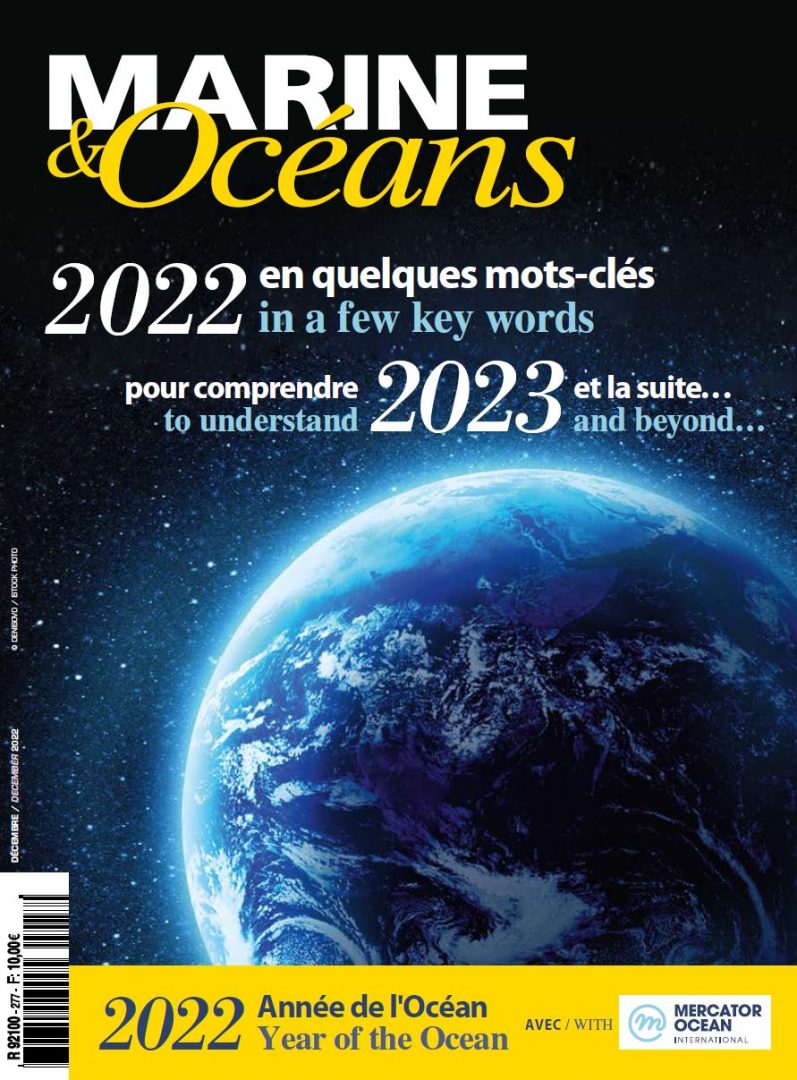“Observed changes need to be put into proper historical context”
Interview by Erwan Sterenn
* * *
What is the “certainty part” that we, as laymen, must have on this so important subject of the climate which is at the heart of all debates?
There are different certainties about different issues. It is quite certain that the climate is changing and that humans are exerting a warming influence in those changes. How and how much the climate will change in the future under growing human influences is less certain. And the impacts of those future changes on ecosystems and society are even less certain.
According to you, the IPCC has “moderated its estimate of climate sensitivity” in its latest report. What do you mean?
The climate sensitivity is the defined as how much the global temperature would rise is the concentration of CO2 in the atmosphere were double its pre-industrial value. Prior to the most recent IPCC report (AR6, released in August 2021), the likely range was given as between 1.5 C and 4.5C, an estimate that had been essentially unchanged for four decades. AR6 narrowed that range to between 2.5 C and 4 C. As significantly, the report regards the most extreme scenarios for future emissions as unlikely, resulting in a likely temperature rise of some 2.7C above pre-industrial (1.5 C above today), significantly smaller than previous estimates.
Aren’t coral bleaching or the melting of polar ice, to name but a few, benchmark indicators of profound change?
Short-term changes like these might seem alarming, but climate is a multidecade average. Because there here has been substantial variability even when human influences were much smaller or absent, observed changes need to be put into proper historical context, lest we be fooled. With respect to the two examples you cite: Despite well-publicized mass bleaching events in the past decade, Australia’s Great Barrier Reef has, for the past two years, shown the greatest coral coverage since record keeping began 36 years ago; This year, Northern Hemisphere snow extent is among the highest in 56 years of record keeping, and Greenland’s annual ice loss is not more rapid than it was eight decades ago.
There are now officially eight billion human beings on the planet. What impact will this have on greenhouse gas emissions and the climate?
We can expect that greenhouse gas emissions will continue for the next several decades, if not beyond. Some 6.5 billion people in the developing world do not have adequate energy and it is immoral for those of us in the developed world to discourage them from securing that energy. Fossil fuels are the most reliable and convenient way to get the developing world the energy they need to improve their lives.
What concrete measures should be taken on the subject of climate change and what realistic objectives should be met?
First, we should cancel the “climate crisis”. The best science says there is no urgent, existential threat. But we should acknowledge the task of reducing human influences on the climate. Second, we need to formulate a graceful decarbonization pathway that respects energy security and affordability. That will require integration of technology development, economics, regulation, and behavior. An important element of that plan will be to develop lower-cost emissions-lite technologies, including nuclear fission, storage for the electrical grid, and non-carbon chemical fuels. Finally, we need a greater focus on adaptation, particularly promoting development and resilience in the poorer countries.
Steven E. Koonin is an American theoretical physicist. From 2009 to 2011, he was, among others, Under Secretary for Science, Department of Energy, in the Obama administration.


